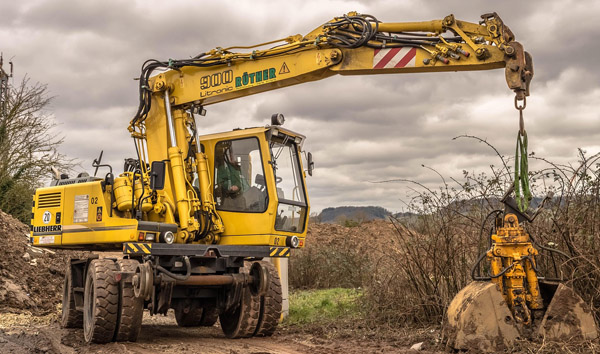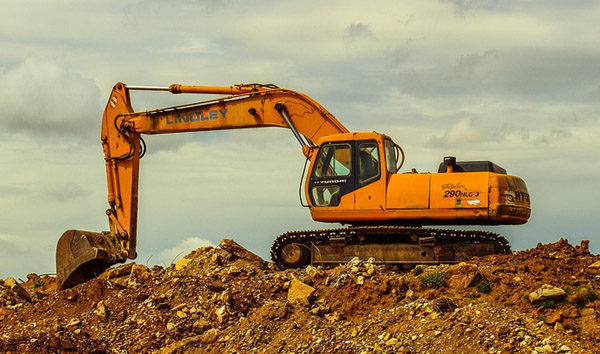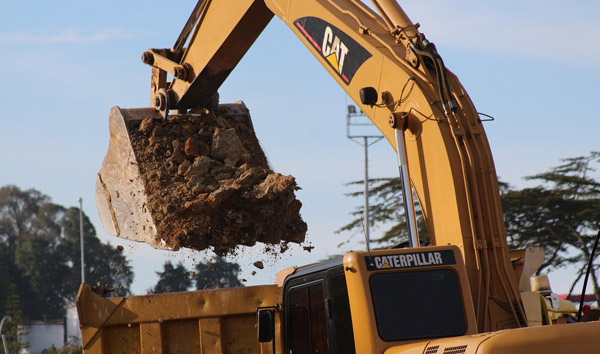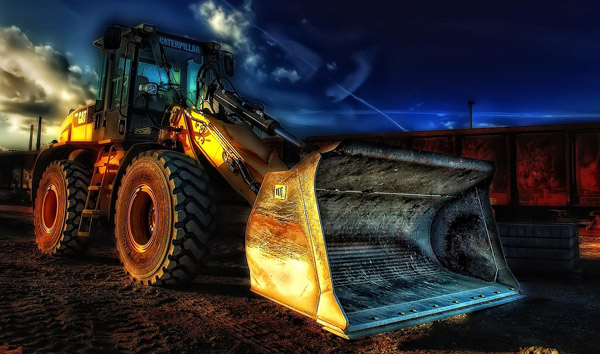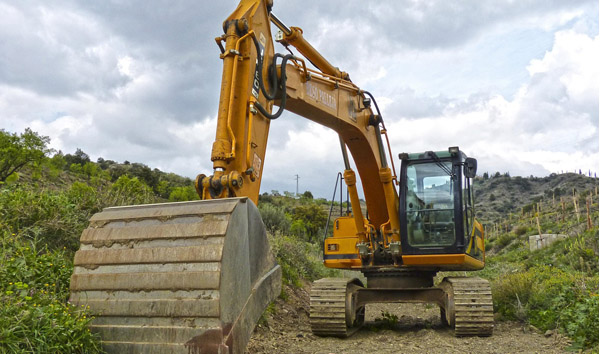Navigating the Capabilities of Modern All-Terrain Forklifts
2025-08-08 04:20:31
All-terrain forklifts are engineered to operate efficiently across uneven, rugged, and unstable surfaces, making them indispensable in construction, agriculture, and logistics. One of the most critical specifications is their load capacity, which typically ranges from 3,000 to 10,000 kg, depending on the model. Advanced hydraulic systems ensure stability even when handling heavy loads on slopes or rough terrain. Additionally, these forklifts often feature reinforced chassis and heavy-duty tires to withstand harsh conditions while maintaining operational precision.
Engine power is another defining specification for all-terrain forklifts, with most models equipped with diesel or hybrid engines delivering 50 to 150 HP. This power output ensures sufficient torque for climbing inclines and navigating muddy or sandy surfaces. Some high-end models incorporate eco-friendly technologies, such as Tier 4 Final-compliant engines, reducing emissions without compromising performance. The integration of advanced transmission systems, including hydrostatic drives, further enhances maneuverability and fuel efficiency in demanding environments.
Terrain adaptability is a standout feature of all-terrain forklifts, with specifications often including adjustable suspension systems and four-wheel drive (4WD) capabilities. These forklifts can traverse gradients of up to 30%, thanks to their optimized weight distribution and anti-slip differentials. Pneumatic or solid tires with deep treads provide superior traction on loose gravel, snow, or wet surfaces. Furthermore, some models offer oscillating axles, allowing individual wheels to maintain contact with uneven ground, ensuring stability during lifting operations.
Operational safety is a key consideration in all-terrain forklift specifications, with features such as roll-over protection structures (ROPS) and load moment indicators (LMIs) becoming standard. ROPS frameworks are built to withstand impacts, while LMIs alert operators if a load exceeds safe lifting parameters. Enhanced visibility, achieved through ergonomic cab designs and 360-degree cameras, minimizes blind spots. Additionally, anti-vibration seating and noise-reducing cabins improve operator comfort during prolonged use in challenging environments.
Industry applications for all-terrain forklifts are vast, spanning construction sites, forestry operations, and port logistics. Their ability to handle heavy pallets, timber, or steel beams in off-road conditions makes them invaluable. For instance, in agriculture, these forklifts efficiently transport hay bales or feed sacks across muddy fields. Meanwhile, in disaster recovery, their rugged specifications enable them to navigate debris-laden areas. As industries continue to demand versatile lifting solutions, manufacturers are innovating with smarter, more efficient all-terrain forklift models to meet evolving needs.




